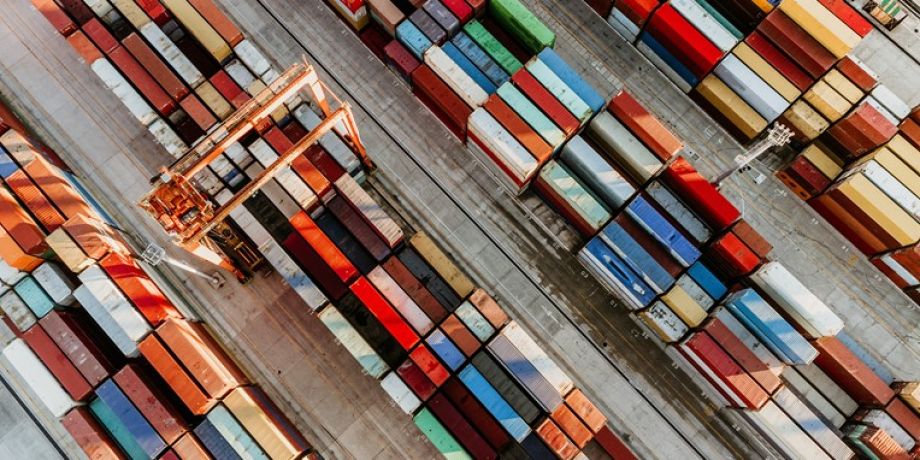
FRENCH PORTS: CUSTOMS FACE UP TO THE WHITE TIDE
With a record 47 tonnes of cocaine seized in 2024, France is more than ever faced with a massive influx of hard drugs. The port of Le Havre, the main point of entry into the country, alone accounts for 13 tonnes of seizures. To stem the tide, the authorities are stepping up their efforts and deploying unprecedented technological and human resources. The challenge is not only one of security, but also of logistical fluidity for all those involved in international trade.
LE HAVRE, GATEWAY TO DRUG TRAFFICKING IN FRANCE
Accounting for almost 80% of cocaine seizures in port, the port of Le Havre is on the front line, as are the ports of Rotterdam, Antwerp and Fos-sur-Mer, which are also highly exposed. Its strategic position on transatlantic trade routes, particularly with Latin America, makes it a prime target for traffickers. Interior Minister Bruno Retailleau speaks of a “flood”: despite seizures, shipments continue to pour in.
REINFORCED RESOURCES FOR A LARGE-SCALE FIGHT
To intensify controls without disrupting port operations, the authorities are relying on a targeted, interdepartmental approach. The creation of a dedicated Narcotics Operational Intelligence Unit (CROSS) in Le Havre has been accompanied by the arrival of additional customs officers, specialized analysts and a state-of-the-art mobile scanner. The latter now makes it possible to increase the number of containers inspected daily by a factor of six. Unlike the fixed platform, which could only check 6 to 8 containers, this mobile device operates directly on the docks, as close as possible to the disembarkation areas.
PROTECTING FLOWS AND STAFF ON THE FRONT LINE
At the heart of this battle, port professionals (dockers, stevedores, logistics agents, etc.) are increasingly exposed. Some are facing pressure, or even threats, from criminal networks. The response involves better protection for the staff, reinforced administrative investigations and extended video protection, with over 400 cameras now deployed in the port of Le Havre.
A LOGISTICAL AS WELL AS A SECURITY CHALLENGE
With traffickers redoubling their ingenuity (hiding places in vehicles, furniture, even coffee bags), the fight against drugs is becoming a major challenge for the security of logistics chains. And transport companies too must adapt their practices: increased vigilance on high-risk flows, more secure handling processes and closer cooperation with the authorities.









